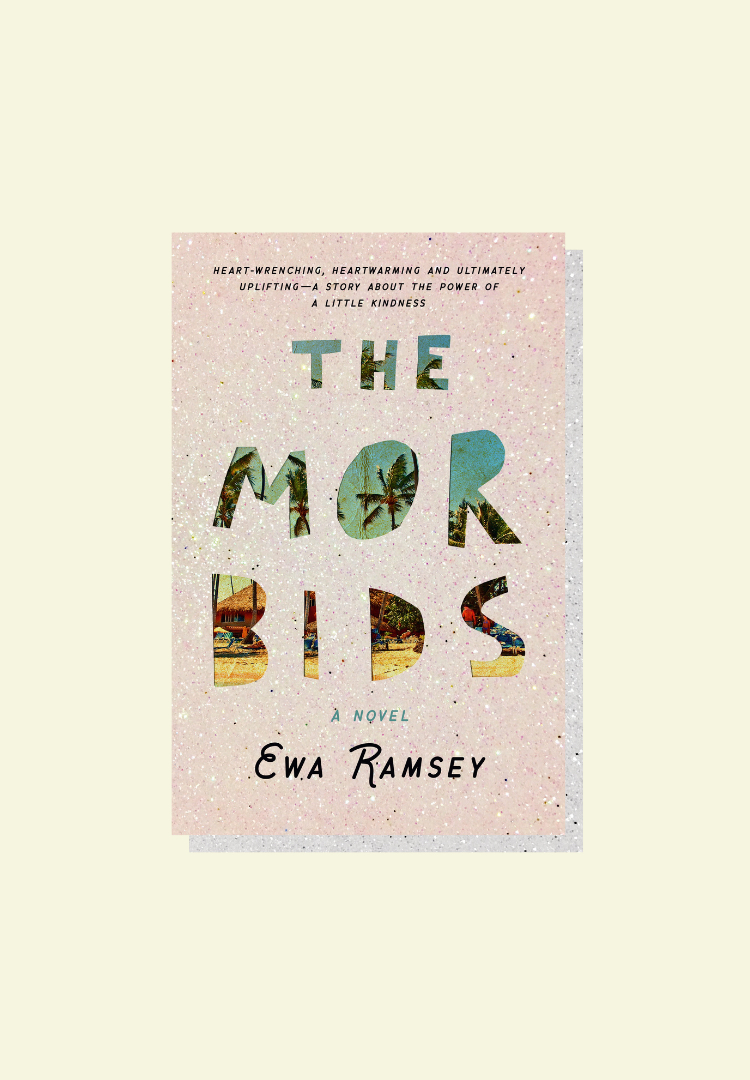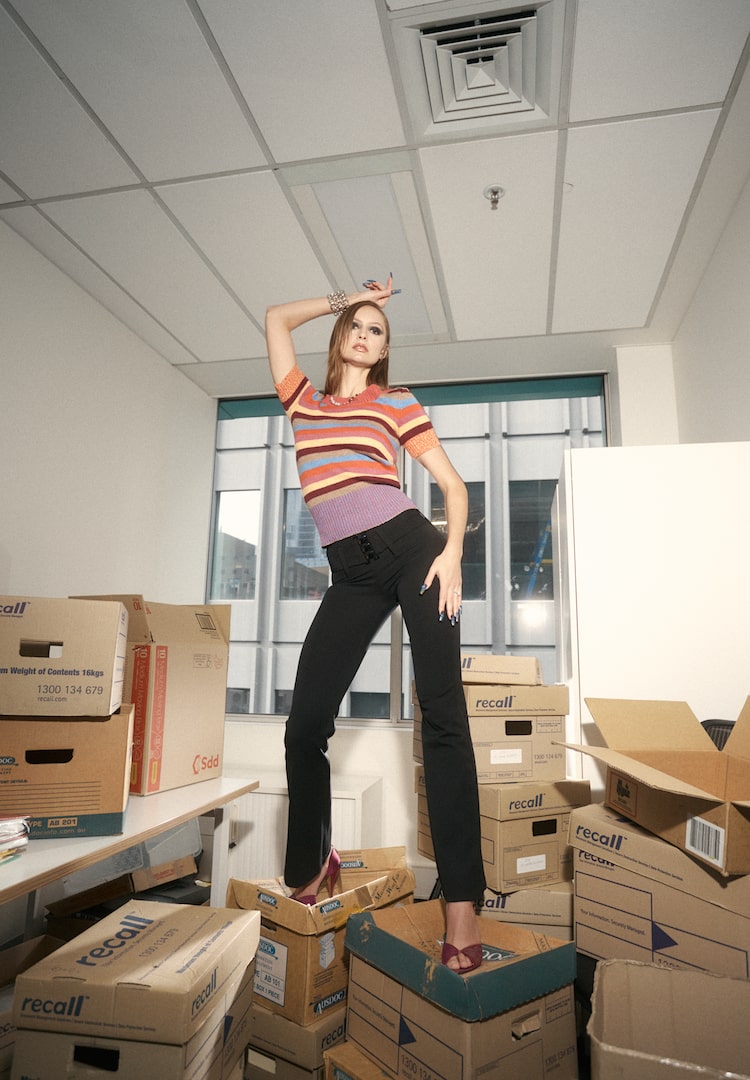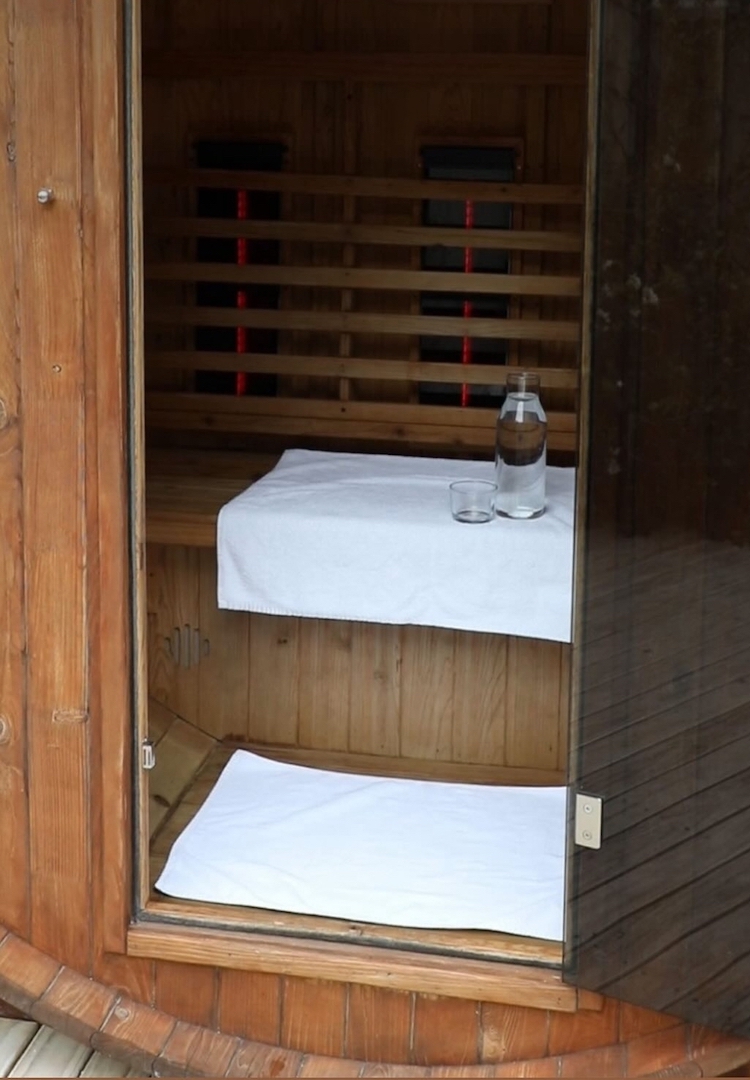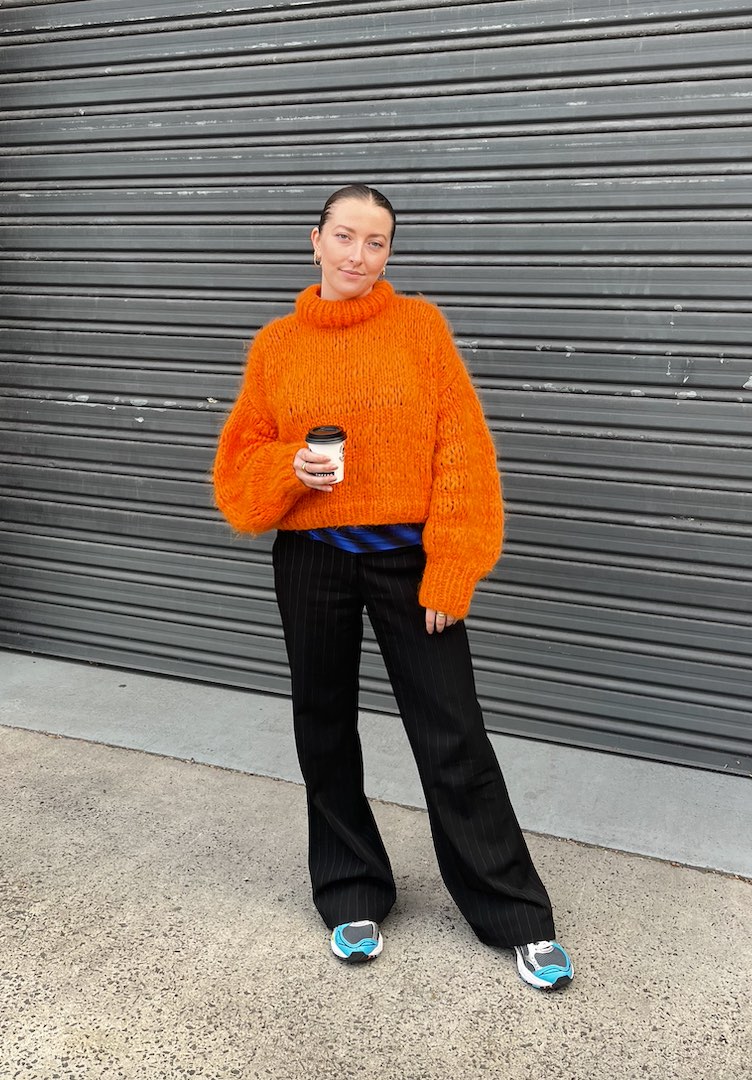What’s the deal with toxic positivity?
PHOTOGRAPHY BY NIKOLA DUKIC
WORDS BY JASMINE WALLIS
Because the “Good Vibes Only” mentality isn’t always helpful.
Entering our sixth month of the COVID-19 pandemic, positivity and optimism are getting harder to muster.
But for every person sharing their emotions online or telling their friend that they’re struggling in lockdown, there’s a family member who reminds you that others have it worse, and a barrage of Instagram quotes telling you to be grateful, and the most popular refrain: to simply “think positively”.
Defined by Psychology Group as “The excessive and ineffective overgeneralisation of a happy, optimistic state across all situations,” toxic positivity minimises and invalidates people’s real emotions and, unfortunately, it seems to be on the rise.
It’s one thing to look on the bright side and be aware that you’re lucky compared to most, but when optimism means you’re dismissing emotions such as anger or sadness, the results can do more harm than good. And it’s not just the people around you who can engage in toxic positivity – sometimes you can even do it to yourself.
As a usually cup-half-full-person, I’ve found myself not talking about the hardships and grief that 2020 has brought into my life. I was raised to only focus on the good and to keep looking for the light at the end of the tunnel, both great life skills to have, but like most people, I’ve also been dealing with the grief of cancelled plans and not being able to see loved ones.
Toxic positivity can be a coping mechanism
Ironically, as I called therapist Natalie Claire King to chat about this topic and she asked me how my weekend was, I automatically began listing the positives of my situation and things I’m grateful for like a script I repeat whenever anyone asks me how I am.
It’s obvious that I too have been influenced by this coping mechanism and I ask Natalie why there’s been such a rise in toxic positivity this year.
“There’s been a rise in it because these are exceptionally tough times. It’s kind of easier to put out that positivity instead of saying this is really tough, this is really hard. And sitting in the discomfort or sadness of it all,” she says.
Natalie tells me that someone engaging in toxic positivity whether towards themselves or others is usually trying to avoid emotions they’ve been taught are “bad” or emotions they don’t have the mental capacity to deal with.
“If you decide ‘I’m feeling crap today but I’m going to push that down further and just focus on what’s good’, sometimes that works but research has shown that the more you push those emotions away, they will come back later,” Natalie says.
“It’s a short term gain but it’s going to come back and bite you if you don’t move through your feelings. We know that if you can talk about that sadness and pain with someone else, you’re sharing the burden which makes it a little bit easier.”
On top of the general toxic positivity of 2020, there was an apparent rise in “no bad vibes here” rhetoric on social media during the recent wave of Black Lives Matter protests. I ask Natalie why, in the face of much-needed social revolution, people choose to react dismissively of Black people and people of colour’s real, generational pain.
“It’s similar in that sitting in that sad, hurtful place is really uncomfortable for people. It doesn’t make it okay but it is really hard for some people to get into empathy. To imagine yourself in someone’s shoes often means taking responsibility as well. Even if you may not see yourself as racist, you still have to understand that there’s privilege there. We have to listen, do our own learning, and put the other person’s pain before our own,” says Natalie.
“When someone says I’m in pain, and you say ‘Oh you’ve got it good it’s not so bad’, what you’re really saying is ‘I don’t want to listen’ and you’re dismissing how they’re feeling and that’s even more hurtful.”
Don’t ignore or sugarcoat your pain
So, what are some ways to deal with a close friend or family member dismissing your emotions? Natalie reminds me that most of the time, it comes from a good place.
“I see this a lot when someone’s going through stress and the other person doesn’t know how to handle it. It makes so much sense that you want to go into fix-it mode or tell someone it’s fine because you’re actually trying to take that pain away from that person,” she says.
“Hearing about that pain is hard and there’s nothing worse than knowing that our friend or family or partner is in pain and we can’t make it better. Tell them gently that what you need is for them to sit in that hard place and say ‘Yeah that does suck.’ That way you can sit in the hole together and come out when you feel better.”
And if you find yourself pushing down the feelings of grief or sadness, Natalie recommends not ignoring or sugar-coating it but reaching out to someone you trust.
“We’re wired to connect with other humans, that’s just how we’re born, so if we reach out to someone to share our pain or our hurt, that’s a really healthy thing to do,” Natalie says.
“That idea that we need to be independent and cope on our own and figure it out is actually backward and research says that if we can share our stress, then we are healthier human beings and not only do we do that to survive but we can also thrive.”
Everyone has been handling 2020 differently and while some people may only focus on the positives to get through the days and weeks, it’s important to remember that in the same way that negativity can go too far, so too can being overwhelmingly positive and not acknowledging that this is a really tough time for many.
There are no rules for how to deal with a pandemic, isolating lockdowns, and a recession. But by sharing your real emotions (not just the sugar-coated, good stuff) with someone, you’re more likely to move through them and find that some non-toxic positivity will help remind you that better times are coming, even if you’re in the hole right now.













